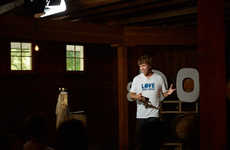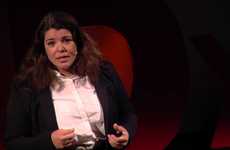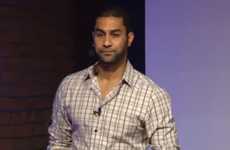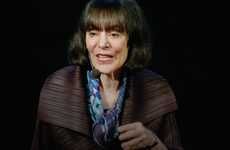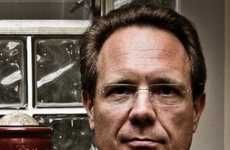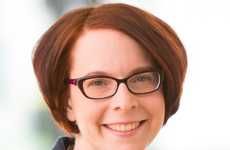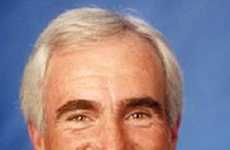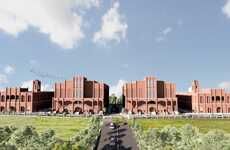
Need Inspiration?
Get inspired by 4,000+ keynote speaker videos & our founder, a top keynote speaker on innovation.
In Her Talk on Bioethics, Veerle Provoost Considers Sperm Donors
Riley von Niessen — January 11, 2017 — Keynote Trends
Veerle Provoost, a professor at Ghent University speaks to the issues non-traditional families often face in her talk on bioethics.
More specifically, she asks how a parent is really defined in these contexts, which incorporates second marriages, adoption, surrogate mothers and sperm donors. With so many families like this, there's a lot of debate revolving around whether or not a child needs to become aware of the existence of their sperm donor, as well as the time it's appropriate to tell them and how to do so.
Veerle Provoost, who has been studying the concept of parenthood in her research, recounts the stories she's heard from nontraditional families to her audience. The couples interviewed came from different sexual orientations and health backgrounds, who all used fertility treatment. What she found was that the sperm donor was never considered to be a "father" to the children, as they grew up with an understanding that their parents simply did what they could to create them.
With her talk on bioethics, Veerle Provoost shows that families aren't held together by tradition, but rather their own narratives and the sense of openness that they embrace. In short, families are not formed by biological factors nearly as much as they are by the relationships that strengthen them.
More specifically, she asks how a parent is really defined in these contexts, which incorporates second marriages, adoption, surrogate mothers and sperm donors. With so many families like this, there's a lot of debate revolving around whether or not a child needs to become aware of the existence of their sperm donor, as well as the time it's appropriate to tell them and how to do so.
Veerle Provoost, who has been studying the concept of parenthood in her research, recounts the stories she's heard from nontraditional families to her audience. The couples interviewed came from different sexual orientations and health backgrounds, who all used fertility treatment. What she found was that the sperm donor was never considered to be a "father" to the children, as they grew up with an understanding that their parents simply did what they could to create them.
With her talk on bioethics, Veerle Provoost shows that families aren't held together by tradition, but rather their own narratives and the sense of openness that they embrace. In short, families are not formed by biological factors nearly as much as they are by the relationships that strengthen them.
2.3
Score
Popularity
Activity
Freshness



